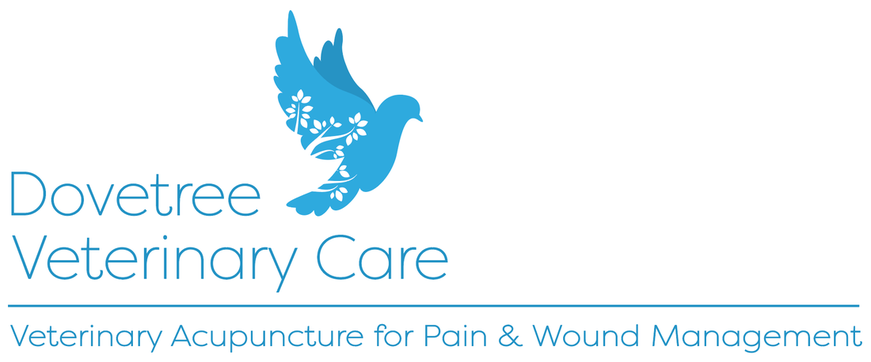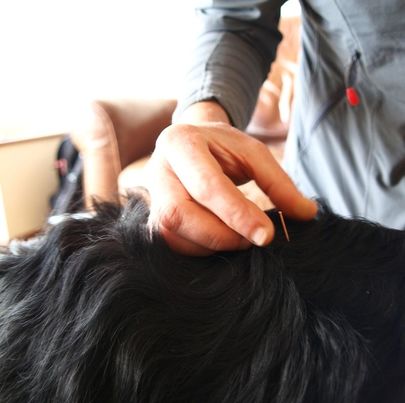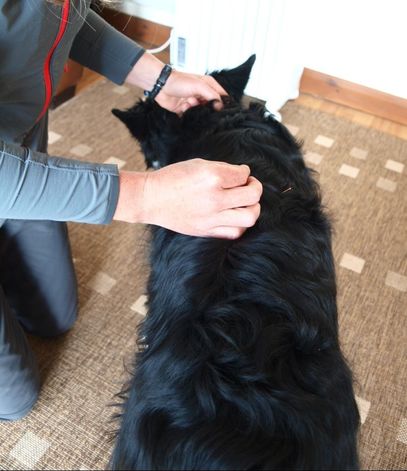Veterinary Acupuncture
|
Acupuncture is a healing method involving the placement of fine sterile needles into specific points on the body. Most animals tolerate needling very well, and even relax once the needles are placed.
In the UK acupuncture on animals may only legally be performed by an appropriately trained veterinary surgeon with a thorough knowledge of anatomy, physiology and disease processes. Prior to treatment with acupuncture a thorough assessment of the animal’s problem, and evaluation of treatment options, should be carried out. Acupuncture works well alongside conventional veterinary treatment, and including acupuncture within a patient’s treatment plan can be of great benefit. Acupuncture may also reduce the need for certain medications, thereby reducing the risk of possible side effects. Where appropriate this is of particular advantage to geriatric and very young patients and those that cannot tolerate certain drugs.
|
Modern acupuncture has evolved over thousands of years. Within medicine, research over the past 40 years into the mechanisms of action of acupuncture in the body has provided an increasing evidence base regarding how it works. Western medical acupuncture is an adaptation of Chinese acupuncture involving the stimulation of the nervous system and myofascial trigger points based on current medical knowledge and acupuncture research.
Early research showed that needling produces a release of the body’s own natural pain relieving substances such as endorphins, as well as increasing the blood flow to specific areas thereby aiding healing. Subsequent research has shown effects on the autonomic nervous system that lead to the alleviation of pain, and the promotion of healing and the immune response. |
For vets |




